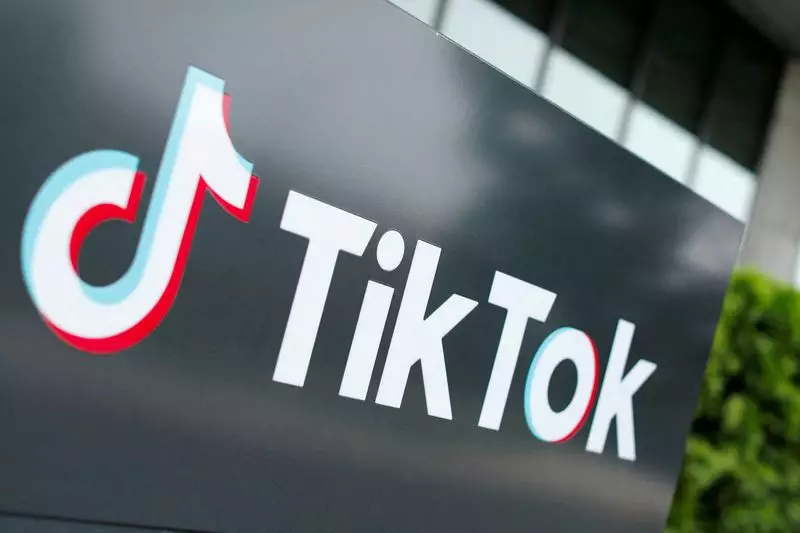In a significant move to address increasing concerns about youth violence linked to social media, Albania has declared a one-year ban on the popular short video platform TikTok. This decision arises in the wake of a tragic incident involving a 14-year-old boy who was fatally stabbed by a classmate, reportedly after a dispute that originated on social media. This incident highlighted the pressing issues schools face today regarding the influence of digital platforms on youth behavior and safety.
Prime Minister Edi Rama announced the ban after engaging in discussions with parents and educators, emphasizing the necessity for a safer educational environment for children. “For one year, we will be completely shutting it down for everyone,” Rama declared, underscoring the government’s commitment to combatting what they perceive as detrimental forces influencing Albanian children. The decision has been made in line with a global trend where several countries, including France and Germany, have initiated measures to restrict social media usage among minors as a proactive approach to curb violence and cyberbullying.
Albania’s ban mirrors actions taken by other nations that have recognized the potential hazards social media poses to younger audiences. For instance, Australia’s stringent regulations prohibiting social media access for children under 16 illustrate a growing acknowledgment of the need to protect youth from online threats. This movement has initiated a global dialogue about children’s safety in the digital realm, where platforms like TikTok can unintentionally facilitate harmful behaviors, as seen in the Albanian case.
The ban on TikTok is underpinned by a narrative that places the responsibility on societal structures rather than the children themselves. Prime Minister Rama expressed a critical viewpoint, stating, “The problem today is not our children, the problem today is us.” This perspective forces communities to confront their vulnerabilities and the responsibilities they bear in moderating the influence of social media on youth. It’s a reminder that platforms such as TikTok, while entertaining, can also serve as arenas where conflicts escalate into real-world violence.
As the implementation of this ban approaches, it prompts fundamental questions regarding the future of digital regulation and the balance between freedom of expression and the need for safety. The forthcoming year will serve as a crucial period to assess the effectiveness of such measures in curtailing youth violence and the role of social media in exacerbating these issues. This intervention opens a broader conversation regarding how nations can adapt to the challenges posed by rapidly evolving digital landscapes, making youth well-being a top priority in policy discussions moving forward.
Albania’s TikTok ban reflects an urgent societal impulse to safeguard its youth amid rising concerns surrounding social media’s impact. It is a bold attempt at fostering a more secure environment, illustrating that governments around the world must continuously confront the dual-edged nature of technology in young lives.

